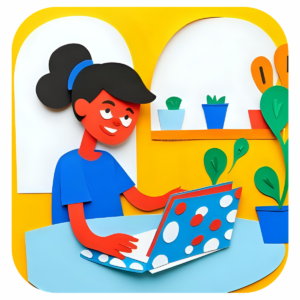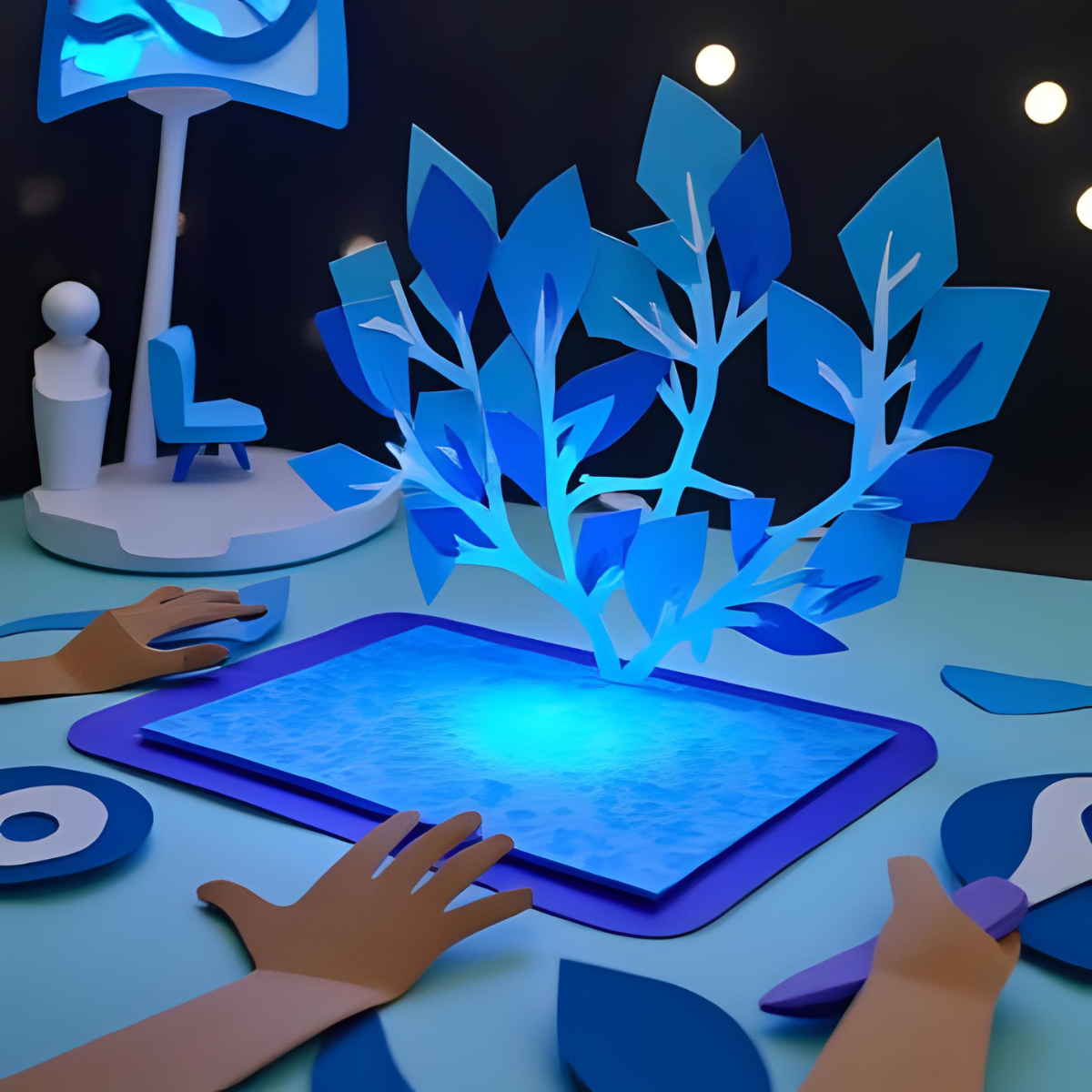In 2025, Human Resources (HR) technology is undergoing a significant transformation, driven by advancements in artificial intelligence (AI), data analytics, and a focus on enhancing employee experiences. Organizations are adopting innovative tools to streamline HR processes, improve decision-making, and foster a more engaged workforce. Here’s an overview of the latest innovations shaping HR technology this year.
AI-Powered Recruitment and Talent Management
AI and machine learning are revolutionizing recruitment by automating resume screening, predicting candidate success, and reducing biases in hiring decisions. Platforms like HireVue and Workday’s Recruiter Agent utilize AI to enhance the efficiency and effectiveness of the hiring process. aihr.comtheaustralian.com
Agentic AI: Autonomous HR Assistants
The emergence of Agentic AI—autonomous systems capable of learning and operating independently—is redefining HR operations. Companies like Workday are integrating AI agents across HR functions, including onboarding, payroll, and policy enforcement, to automate routine tasks and improve efficiency. theaustralian.com.autechradar.com
Enhanced Onboarding with AI
Organizations are leveraging AI to streamline the onboarding process, reducing administrative burdens and enhancing new hire experiences. For instance, Hitachi and Texans Credit Union have implemented AI-driven onboarding systems that automate paperwork and provide instant support to new employees. businessinsider.com
Skills-Based Hiring and Internal Mobility
There’s a shift towards skills-based hiring, focusing on candidates’ abilities rather than traditional credentials. This approach, supported by AI analytics, enables organizations to identify skill gaps and promote internal mobility by matching employees to roles that align with their competencies. linkedin.com
Personalized Learning and Development
HR technology is facilitating personalized learning experiences through AI-driven platforms that recommend training programs based on individual career paths and performance data. This personalization enhances employee engagement and supports continuous professional development.
Employee Experience Platforms
Modern HR systems are focusing on improving the overall employee experience by integrating tools that support well-being, recognition, and feedback. Platforms like Workhuman’s social recognition system use AI to help employees craft meaningful messages of appreciation, fostering a positive workplace culture. ft.com
Integration of HR and Technology Departments
In response to the growing role of technology in HR, some organizations are merging their HR and IT departments. Moderna, for example, has combined these functions to better manage AI-driven workplace changes and streamline operations. wsj.com
Data-Driven Decision Making
HR professionals are increasingly relying on data analytics to inform decisions related to workforce planning, performance management, and employee engagement. Advanced analytics tools provide insights that help organizations optimize their human capital strategies.
Remote and Hybrid Work Solutions
With the continued prevalence of remote and hybrid work models, HR technology is adapting to support distributed teams. Innovations include virtual collaboration tools, remote onboarding systems, and digital platforms that maintain connectivity and engagement among employees regardless of location. linkedin.com
Focus on Employee Well-Being
HR tech solutions are placing greater emphasis on employee well-being, offering features that monitor workload, stress levels, and overall health. These tools enable organizations to proactively address well-being concerns and promote a healthier work environment.
The innovations in HR technology in 2025 are transforming the way organizations manage their workforce. By embracing AI, data analytics, and employee-centric platforms, companies are enhancing efficiency, fostering engagement, and building more resilient and adaptive HR functions.

